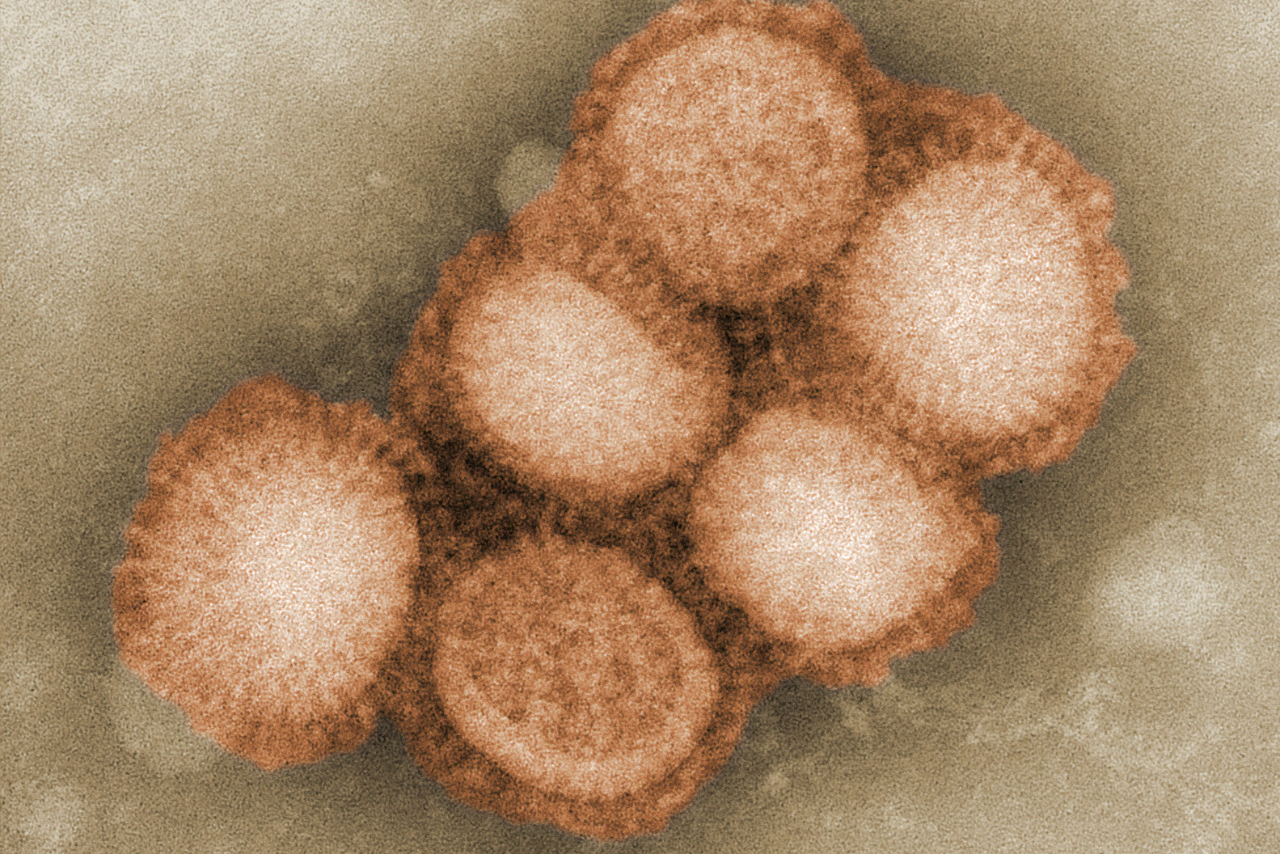Last Updated on 3 years ago by By Chiic Magazine
While monkeypox isn’t considered fatal in humans, it can be devastating if left untreated. The symptoms of monkey pox aren’t always easy to recognize, so you may want to familiarize yourself with the signs and symptoms to watch out for.
What is Monkeypox?
Monkeypox is a rare disease caused by the monkeypox virus. Monkeypox can spread from animals, such as monkeys and rodents, to humans. It usually causes a fever, headache, and backache. In most cases it isn’t serious. It’s easily treated with antibiotics.
When treated promptly it rarely causes, complications in humans. But if left untreated it can lead to serious illness or death.
Who Gets It?
- Most people who contract monkeypox do so while handling or being in close contact with someone infected with poxvirus.
- The virus can also be spread by breathing in droplets from coughs and sneezes, touching a contaminated surface, and then touching your eyes, nose, or mouth.
- People who have been exposed to poxvirus may develop fever, headache, muscle aches, and backache within 10 days of exposure; these symptoms are followed by a rash that spreads over the body one to three days later.
Monkeypox is rarely fatal; however, it can lead to serious complications such as encephalitis (inflammation of brain tissue) which could result in death if left untreated.
Is There A Treatment For Monkeypox?
Unfortunately, there is no known cure for monkeypox yet, although there are ways to treat it. The symptoms of Monkeypox can be managed and your symptoms may improve in 7-10 days. If you or someone you know has contracted Monkeypox, seek medical help as soon as possible. (Remember: do not self-diagnose – see a doctor if you think that you or someone else might have contracted Monkeypox.)
Are There Vaccines Available For Monkeypox?
Unfortunately, there is no vaccination available for monkeypox. There are vaccines available for smallpox, a similar disease, but they are only available in special facilities and require prior approval by CDC. There is currently no vaccine for humans, treatment focuses on alleviating symptoms and keeping people healthy until their immune systems can fight off infection naturally.
How Do We Prevent This Infection?
- You can take steps such as avoiding areas where infected animals may live (such as rainforests or jungles).
- Staying away from sick or dead animals and wearing protective clothing when around potentially infected animals.
While there is no treatment for Infection, it is treatable with antibiotics if it’s caught early enough. Because symptoms of infection can appear similar to other conditions, such as influenza, measles, and scarlet fever, prevention is important to avoid unnecessary health problems later on. If you believe you have been exposed to someone who has contracted it or if you suspect that you might have contracted it yourself. Contact your doctor immediately so he or she can begin a treatment regimen before symptoms appear.
Can We Get Rid of Monkeypox Entirely?
While monkeypox will undoubtedly have a resurgence from time to time, can we get rid of it entirely? Probably not. As humans continue to encroach on natural habitats and spread urbanization farther into wild spaces, new people will continue coming into contact with monkey pox (and other diseases) and transmitting them back out into our general population. While better public health infrastructure in emerging markets can help slow or stop outbreaks in their early stages, there’s no way for us as a species to prevent smaller cases of infection from popping up every now and then.
Because monkeypox is so similar to many of our everyday childhood illnesses, it’s easy for an infected person’s case to fly under the radar, presenting mild symptoms while they shed virus particles wherever they go.





